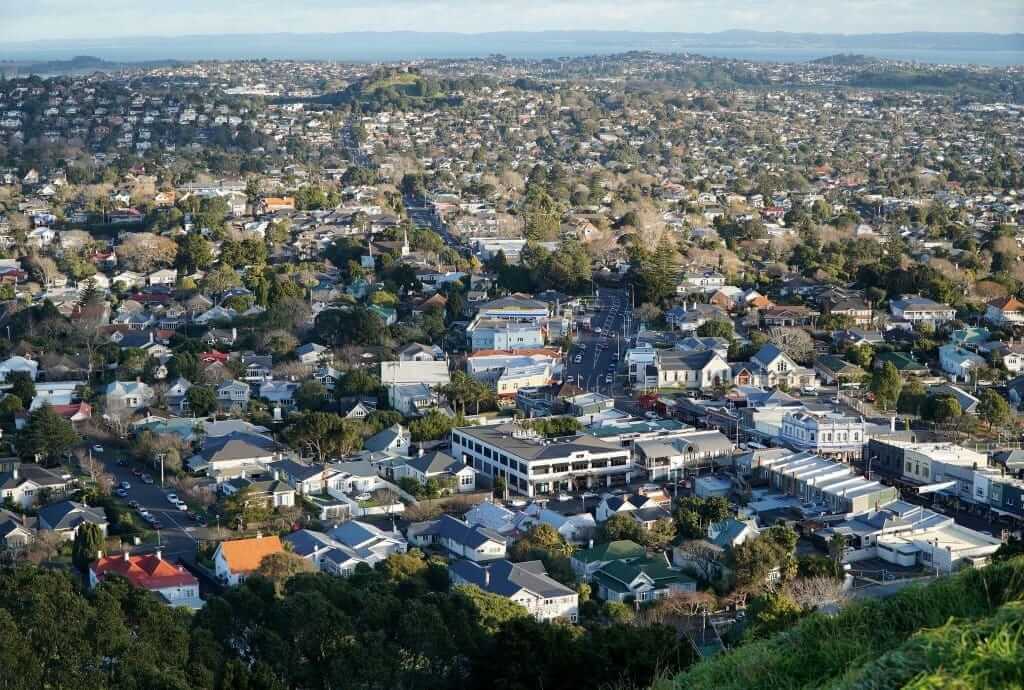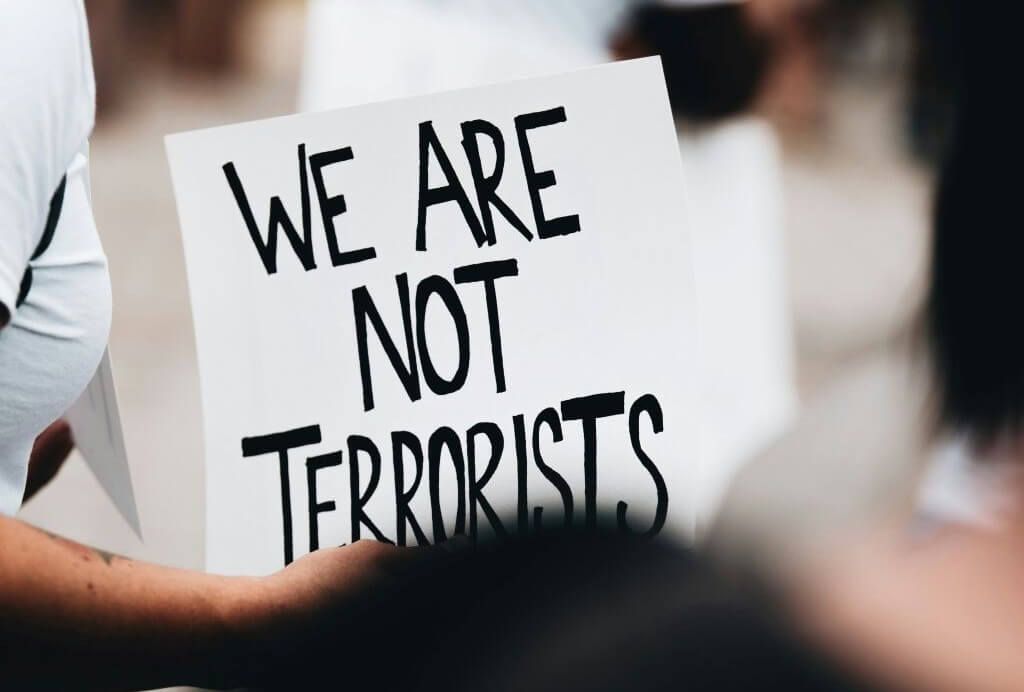Summarised by Centrist
A recent study published in the journal Immunity reveals that fasting can enhance the cancer-fighting capabilities of natural killer (NK) cells.
NK cells are a type of white blood cell known for targeting cancerous and virus-infected cells.
Research on mice showed that intermittent fasting changed NK cells to use fatty acids for energy, helping them survive and work better against tumours.
The study found that fasting moved NK cells to the bone marrow, where they encountered proteins that boosted their cancer-fighting abilities. NK cells in the spleen were also changed to use fats for energy more efficiently. These results suggest that fasting could improve cancer treatment by enhancing the body’s immune response.
Clinical trials are underway to evaluate the safety and effectiveness of combining fasting with standard cancer treatments.
While fasting shows promise in boosting immune responses against cancer, its application must be monitored to ensure patient safety and nutritional adequacy.



















